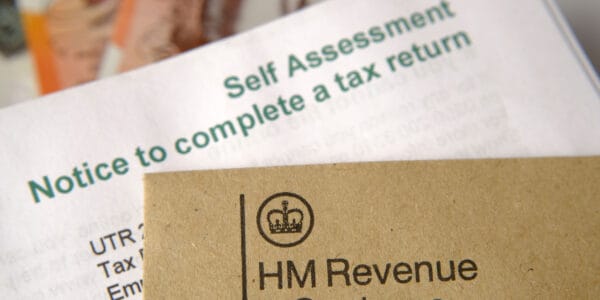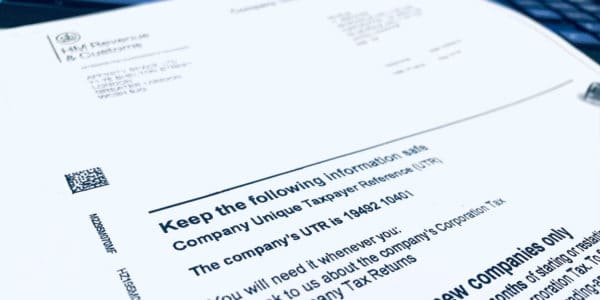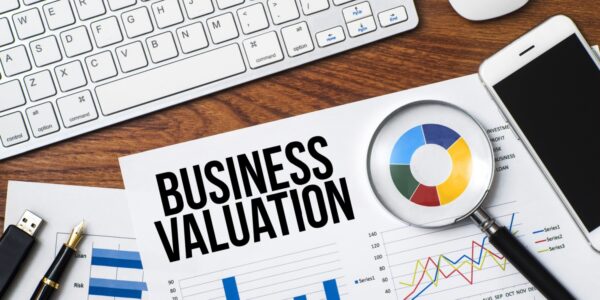Workplace pensions, also known as occupational pensions, can play a significant role in the overall pension pot for individuals. Indeed, pension contributions often form a core element of the overall package of benefits for employees. But what happens if you own the company and want to pay a workplace pension to yourself?
Key takeaways
- Company owners can only access workplace pensions if they also hold a director or employee role.
- Auto-enrolment mandates workplace pensions for eligible employees, ensuring minimum contributions from employers.
- Directors can receive tax-efficient pension contributions from their company, even with lower personal salaries.
Can company owners receive pension contributions from their company?
If a company owner is only a shareholder, rather than also a director or employee, they are not eligible for a workplace pension. This means that the company cannot contribute directly to their pension.
However, they can use the money they take out of their company as dividend payments to contribute to their own personal pension scheme. Tax relief is available on pension contributions, subject to certain limits (see below).
If a company owner is also a director with an employment contract, they can receive a workplace pension. Corporation Tax relief is available on contributions made by a limited company to occupational pensions, in addition to personal tax reliefs, making it a tax-efficient option.
If a company director has a service contract (as opposed to an employment contract) and is not employed by the company, they will be in the same position as if they were only a shareholder. This means that they cannot receive a workplace pension.
What is auto-enrolment?
Under the Pensions Act 2008, all employers are required to provide a workplace pension for their employees, unless the employee opts out. This requirement is known as automatic enrolment (or auto-enrolment for short) and it applies to employees who:
- work in the UK
- earn at least £10,000 per year
- are aged between 22 and the State Pension age.
Under the scheme, there must be a minimum total contribution of 8% of an employee’s qualifying earnings into this workplace pension, with employers paying at least 3%.
Companies that have at least two directors with an employment contract are required to auto-enrol these directors unless they opt out. A sole company director with an employment contract does not need to be auto-enrolled, but they can have an occupational pension.
Can I make extra contributions towards my company pension?
Auto-enrolment is just the basic element of pension. Many companies will have pension schemes that allow for a higher contribution from both the employer and/or employee. However, there are some pension limits for tax relief, so it’s important to be aware of these.
What are the limits to personal tax relief on pension contributions?
There is a certain amount of personal tax relief available for pensions, subject to the following limits:
- 100% of an employee’s earnings in one year – this is particularly relevant to company directors, who often choose to pay themselves a low salary topped up with dividends
- £60,000 a year
Pension contributions that exceed £60,000 or 100% of the annual salary (whichever is lower) do not usually qualify for tax relief. However, if you’re a director, your company can contribute to your pension tax-free up to the annual allowance even if your salary is below £60,000.
Separately, there are lump sum allowances, which limit how much money a person can take from their pension pots as a lump sum without incurring tax. You can usually take up to 25% of your pension as a tax-free lump sum. The most you can take tax-free as a lump sum is £268,275.
However, under certain circumstances, you (or your beneficiaries) may be able to take a tax-free lump sum of up to £1,073,100 – for example, due to serious illness or upon your death. This is known as a ‘lump sum and death benefit’ allowance.
Anything you receive above any allowance will be liable to Income Tax. Your pension provider will make the necessary deductions before you receive your payment.












Join The Discussion